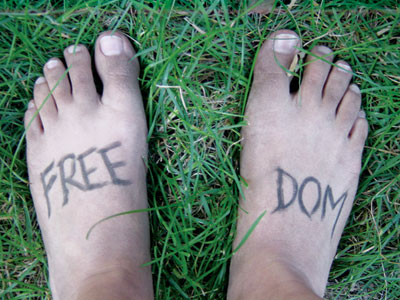All Nonfiction
- Bullying
- Books
- Academic
- Author Interviews
- Celebrity interviews
- College Articles
- College Essays
- Educator of the Year
- Heroes
- Interviews
- Memoir
- Personal Experience
- Sports
- Travel & Culture
All Opinions
- Bullying
- Current Events / Politics
- Discrimination
- Drugs / Alcohol / Smoking
- Entertainment / Celebrities
- Environment
- Love / Relationships
- Movies / Music / TV
- Pop Culture / Trends
- School / College
- Social Issues / Civics
- Spirituality / Religion
- Sports / Hobbies
All Hot Topics
- Bullying
- Community Service
- Environment
- Health
- Letters to the Editor
- Pride & Prejudice
- What Matters
- Back
Summer Guide
- Program Links
- Program Reviews
- Back
College Guide
- College Links
- College Reviews
- College Essays
- College Articles
- Back
Plot Analysis of Children of Eden By Joey Graceffa
Books aren’t just printed letters on dead wood. They’re stories of adventures, real or fictional, that teach us something; whether it be a moral lesson or an informational lesson. ‘Children of Eden’ by Joey Graceffa is no exception to that claim. The story is about a set of twins who are both alive in a dystopian world where only the firstborn is allowed to survive. Rowan, the unfortunate second child, is the twin that must stay in the secrecy of her family’s home to stay alive, while Ash gets to live a life and explore the inner circles of Eden, the earth’s only surviving city. As more events happen and as Rowan starts to find ways to sneak out and really live for once, the theme of the book is revealed through immeasurably painful consequences the characters face. Just because there are rules doesn’t mean that the rules and/or their punishments are ethically right.
Stealing in Eden is a small offence with a large consequence. This is only mentioned one time in the story, but it’s just the gateway rule to many others with much more extreme the city can get. The time this crime is mentioned is when Rowan’s mother steals a picture for her. The novel takes place after what is called the EcoFail, which is when the outside world is destroyed and becomes a huge wasteland. Due to Rowan’s status in the government, she is able to access pictures of the world before the EcoFail. The book says that Rowan’s mother had taken the image from a section of the archives where no one will notice its absence. It also says that is this crime was found out, Rowan’s mother and father alike would be fired and sent to the darker parts of Eden. This punishment, however, is nothing compared to others given.
Another one of the many examples that showcase the theme of the story is when Rowan initially tells the reader about her world. For the first few pages, she is simply hinting at what painful rule she must follow. However, on page 5, she finally seems to get enough courage to come out and say it. On that early page of the novel, it states, “The other difference between Ash and me wouldn’t be apparent to anyone. He’s older than me. Only by about ten minutes, but that’s enough. It means that he is the official, legal child: the firstborn. I am the shameful second child who should never have come into this world at all.” This seemingly meager passage from a much more massive book might just be the most important. It tells the reader what unethical rules are in place in this futuristic society.
To add on to the list, there is another strict rule in this dystopian universe that supports the theme is assisting a second child. Due to the book being written from the point of view of a second child, there are many internal thoughts the protagonist, Rowan, has about the consequences her parents could face for keeping her alive. However, the main instance this happens is when Rowan’s mother is finally persecuted for her actions. The novel shows this on page 111 when it states, “...there’s one more shot. I see Mom pirouette with the impact, a scarlet flower blossoming on her chest. Her eyes… are already dimming, but I see confusion, fear for me...” These painful lines reveal to the reader that even simply assisting a second child like Rowan is punishable by death, a punishment that, to many, is too extreme for both our time and beyond.
Aforementioned, the theme of ‘Children of Eden’ by Joey Graceffa is that not every rule or punishment is an ethically good rule or punishment. From being shot for helping your own child to being killed for simply being born, Eden is no forgiving place. The over-dramatic society Graceffa has created in this novel is a simple warning to those out there who want to control everything and keep rules intact by retaliating harshly.

Similar Articles
JOIN THE DISCUSSION
This article has 1 comment.

1 article 0 photos 2 comments
Favorite Quote:
"oh, im broken mountain." ~ michael scott